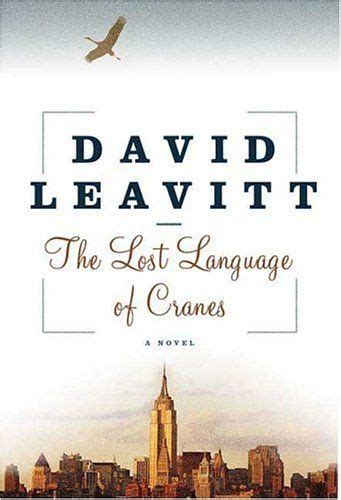A Quote by Pam Brown
Sisters share the scent and smells... the feel of a common childhood.
Related Quotes
I grew up as an only child, so inherently, most of my life was centered around me. My parents taught me to play well with others and to share my toys, but I was still an only child who didn't have to share my parent's attention with siblings. As great as my childhood was, I always wanted brothers and sisters.
If someone smells a flower and says he does not understand, the reply to him is: there is nothing to understand, it is only a scent. If he persists, saying: that I know, but what does it all mean? Then one has either to change the subject, or make it more abstruse by saying that the scent is the shape which the universal joy takes in the flower.
Nothing is more memorable than a smell. One scent can be unexpected, momentary and fleeting, yet conjure up a childhood summer beside a lake in the mountains; another, a moonlit beach; a third, a family dinner of pot roast and sweet potatoes during a myrtle-mad August in a Midwestern town. Smells detonate softly in our memory like poignant land mines hidden under the weedy mass of years. Hit a tripwire of smell and memories explode all at once. A complex vision leaps out of the undergrowth.
Sisters, while they are growing up, tend to be very rivalrous and as young mothers they are given to continual rivalrous comparisons of their several children. But once the children grow older, sisters draw closer together and often, in old age, they become each other's chosen and most happy companions. In addition to their shared memories of childhood and of their relationship to each other's children, they share memories of the same home, the same homemaking style, and the same small prejudices about housekeeping that carry the echoes of their mother's voice.
Evolutionary biologists often appeal to parsimony when they seek to explain why organisms "match" with respect to a given trait. For example, why do almost all the organisms that are alive today on our planet use the same genetic code? If they share a common ancestor, the code could have evolved just once and then been inherited from the most recent common ancestor that present organisms share. On the other hand, if organisms in different species share no common ancestors, the code must have evolved repeatedly.






































